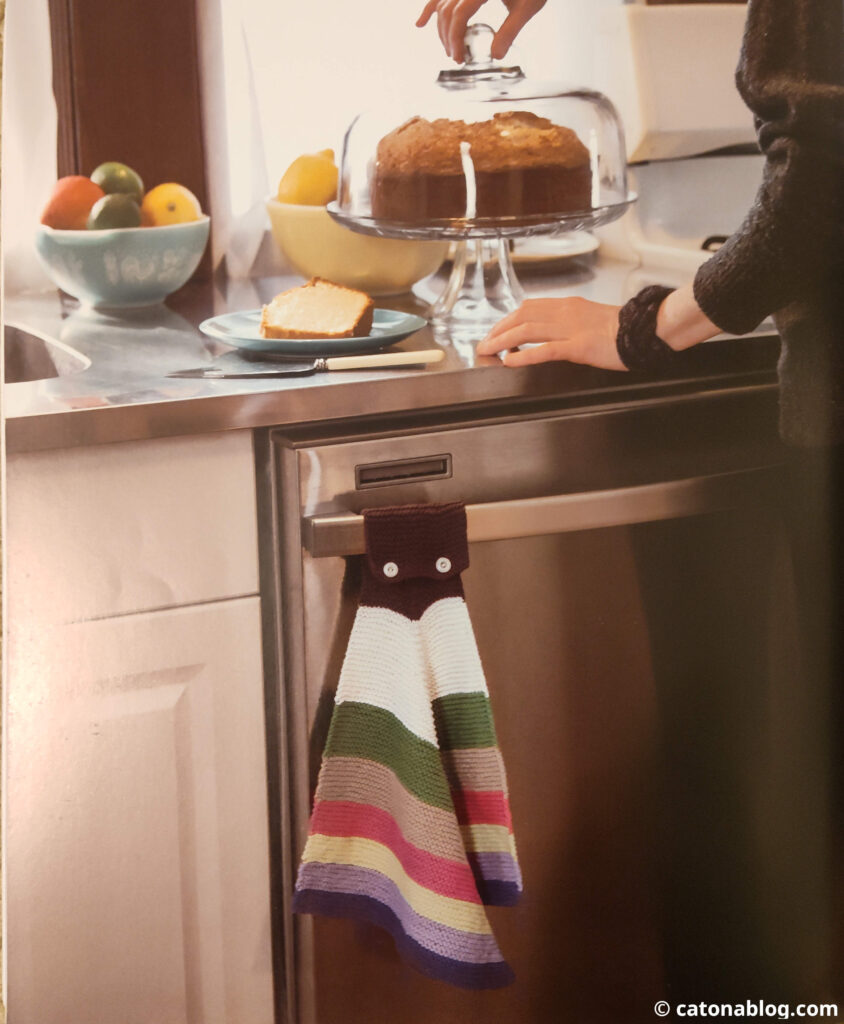
Oct 25th, 2024 Friday Sunny
More than once have I heard this yearning expressed by both children and adults, “I wish I could be more like THEM!”
In other words, children often hope to become adults, whereas adults long to return to childhood. While neither is possible, this mutual envy suggests that in different stages of life, we excel in some aspects at the price of sucking in other aspects. We are humans, so we cannot have everything perfectly.
One ability that almost all kids naturally possess, is to know the true desire of their heart. If they are given a choice among several ice cream flavors, they would have no trouble telling you which their favorite is. Even for bigger, more significant decisions – selecting a phone, a piano, or a house (less likely but it can happen) – they can easily pick out the one they like the most, regardless of any other realistic consideration.
I think most (of course, not all) of us lose this sensitivity to our inner voice as we grow older, and encounter more and more constraints. The ice cream flavor we love might contain ingredients that our doctor just told us to avoid due to health concerns. The phone we have our eyes on might be out of our budget – even if we can afford it, we feel that we must justify spending more than what is necessary. The piano that sounds amazing might not fit into the living room space. The house that draws our affection at first sight might be in the middle of nowhere, adding thirty minutes to our commute to work each day, not to mention the cost associated with car maintenance and gas.
We learn to suppress our original urge, the craving for our first choice. After all, if that is not really within reach for various reasons, why wasting our emotion?
It is increasingly rare that we are offered the full range of choices, AND the real freedom to determine purely based on feeling. Instead, we attempt to master the art of optimization and compromise.
Practice makes perfect. The more we use our brain in this process, the less we lean on our heart. Whenever our heart cannot provide input, the brain takes over.
Nevertheless, there are cases where listening to one’s heart is all it takes. For example, I borrowed this knitting book from the library, intending to find a project to occupy my relaxation time between daily work and dinner. I have a set of knitting needles of all sizes and two crate loads of yarns of various colors. I am ready to start any knitting job in the catalogue NOW.
Yet I hesitate. Sometimes because I am not confident that my first impulse is the right option, without checking it over all the dimensions that I should care about: does it help me learn any new technique? Is the finished product useful (i.e. can we use it around the house or give it as a gift)? Are the tools and materials I currently have ideal for this (almost all the yarns at home are worsted, making them a little too thick for delicate items – workable but with less than superb results due to tension)?
Sometimes I fail to even notice any inclination. After being used to rationalize every judgment, I wonder whether my heart has given up sharing its opinion altogether.
Luckily, our heart can be reawakened, and the awareness of our heart can be trained. By introspection, I am trying to reconnect with my heart. It would take some time, but worth the while.
For now, I am settled on this oven cloth, because I observed myself pausing much longer on this page than on others. Our bodies are usually more attuned to our underlying preferences, leaving subtle clues for us to decipher.
I have been learning about how our body feels something before our heart can decide. Listening to the body is an art. I know what my body craves, but sometimes my heart and mind differ with the physical needs…
It is a gift that you can tell what your body wants! I believe the unconscious part of brain tends to process a lot of information that we are not aware of, and sometimes helps us make a good decision. I can often reconcile the discrepancy between my heart and brain when I notice it, but if I cannot even figure out what my heart truly wants it is hard 😛
Do you think exercise helps the mind-body connection?
Potentially, though I would say mindful exercise is the key. Meditation probably helps you to connect to your true feelings as well.